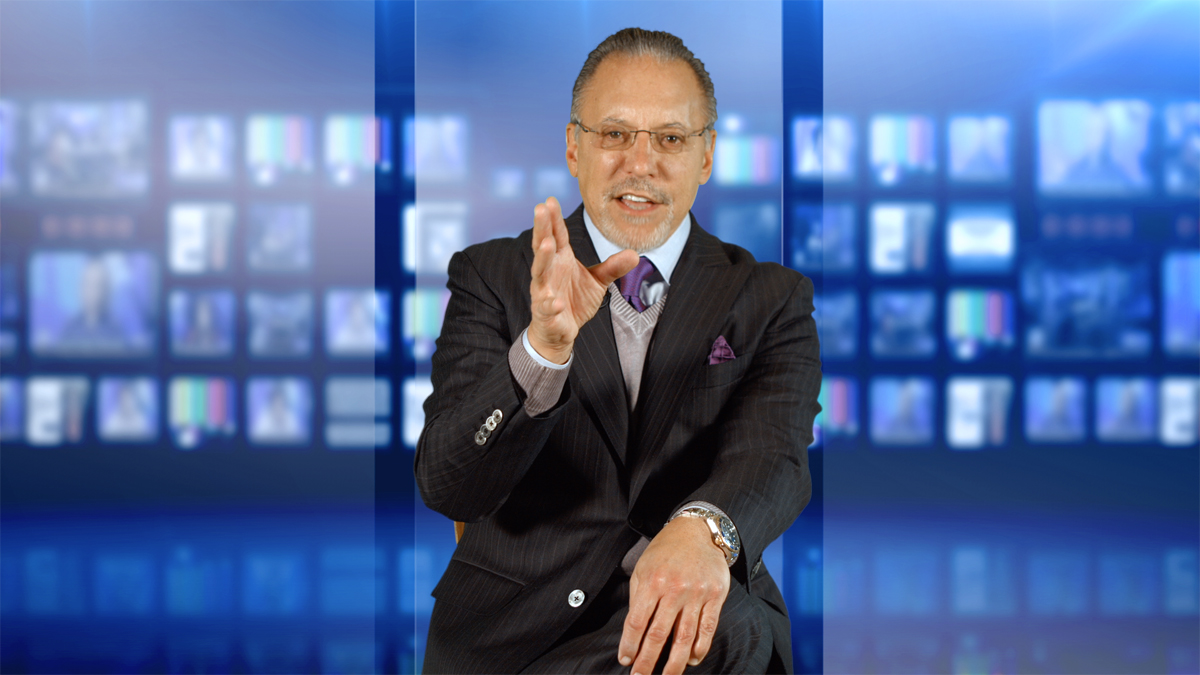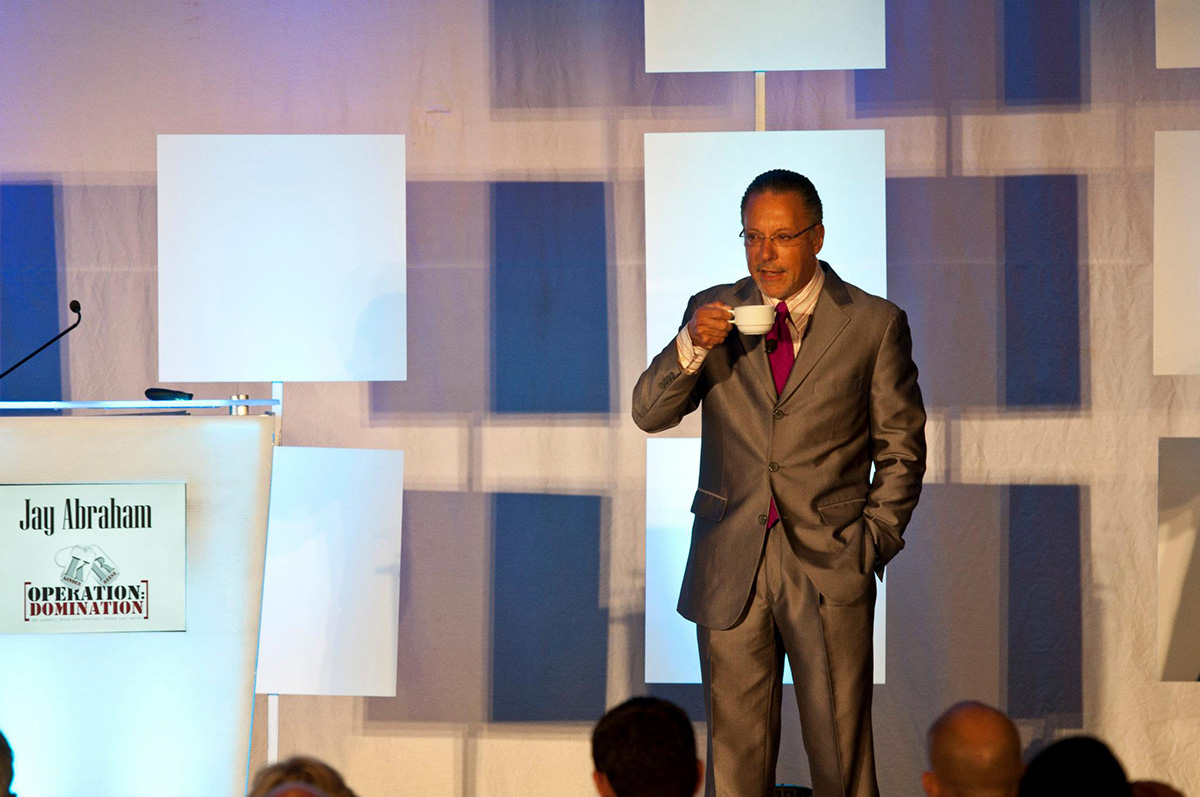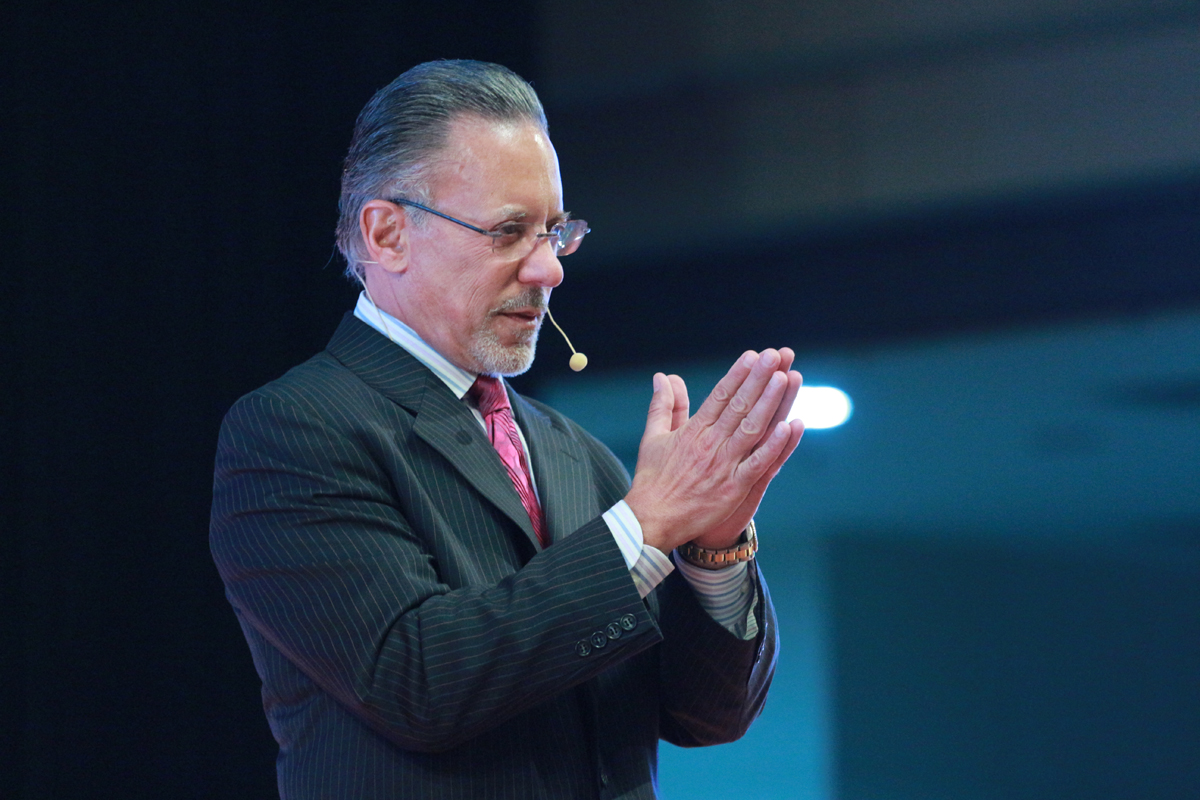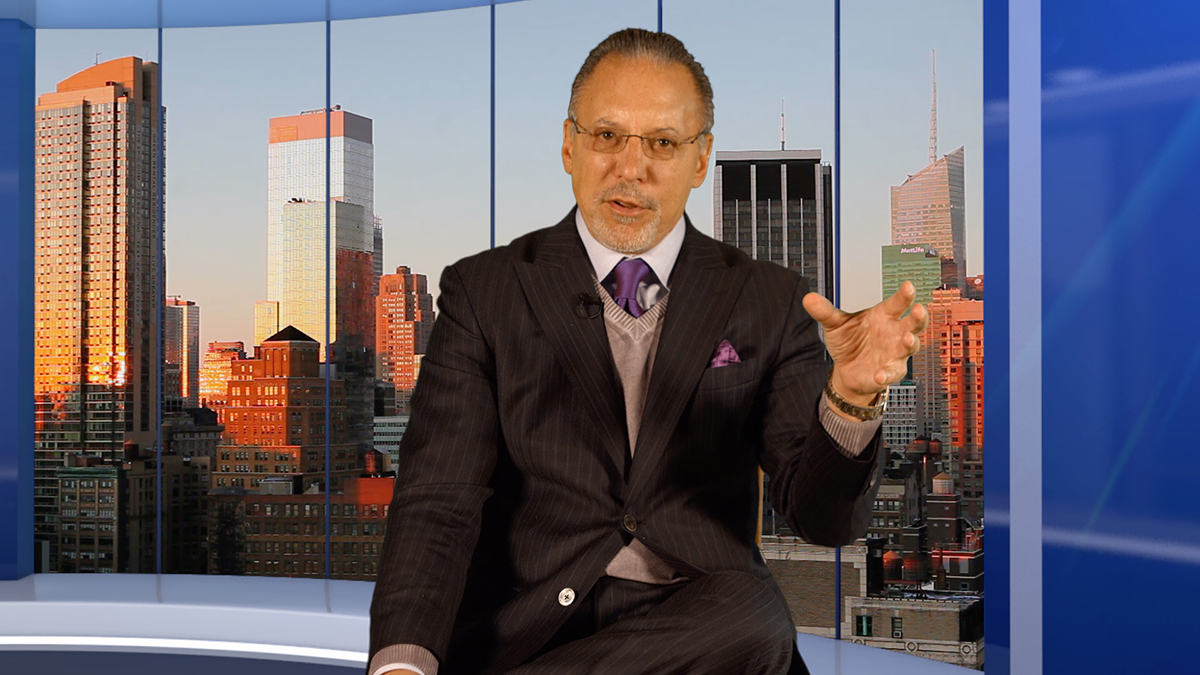What is Marketing Consulting?
Business Coaching Services | Marketing Consulting Services | Strategic Marketing Process
A marketing consultant is someone who truly understands that marketing is crucial to business success and penetration. Marketing and innovation are the two drivers of prime value. Everything else is an extension. I know that technologists would disagree with that today and I’m not going to argue it. But in a pure sense, marketing is the critical force that drives the flow of revenue into the business, keeping it going and growing. It keeps the business viable and it is really a composite of a lot of things. It is a function of a strategic positioning or multi-positioning because you can go after many different segments of a market.
It is the vehicle that you use to reach that market. It’s the positioning and the proposition you incorporate into those vehicles. It is the way that you target and you identify the markets that you want. It’s the distinction, differentiation and the (I’ll use a funny word) animation, the way that you really articulate and demonstrate the distinctive benefit, advantage, enhancement, or protection that your product or service provides.
It’s your ability to prove and establish trust. It’s your ability to take a highly qualified, prospective client and then systematically and sequentially move them from prospect to buyer. Then, depending on your business model and your product service model, get them to continue buying over and over, buy more, or buy different. It’s finding different ways to add value and monetize it. It’s being able to educate people not just in the elements of your product or service but how your product or service impacts them. It is figuring out the client’s definition of value and being able to resonate to it and also it’s the ability to clearly understand what, why, and how they’re trying to achieve an outcome through the acquisition of the product. It’s the ability to demand preeminence even if you’re at the lowest price in the market. It’s the ability to truly understand, appreciate, and respectfully admire the buyer you’re selling to; you have to have a connection with them. It’s the ability to clearly understand everyone and everything you’re competing against so that you know how to add value and how to distinguish and how to meaningfully compensate.

What is the Core Function of Marketing Consulting?
It’s the ability to communicate in an authentic way that resonates truth with the client. It’s the understanding of a number of different distinctions that really need to be understood. It’s trust building, empathy, and leadership, and how to integrate those various factors into what you’re doing, what you’re saying, how you’re positioning. Part of it is congruency; meaning doesn’t matter what you say on the front end, meaning whatever vehicle you use — ad, e-mail, Web site, trade show booth, seminar, telemarketing — you’ve got to be able to have your team be congruent so the ability to also instill clarified and passionate and complete understanding. It’s the ability to be fluent and open enough to not be rigid about how you reach your market because the true breakthroughs come from looking at the situation from fresh new eyes.
One of the advantages that I’ve had for most of my life is the fact that I’ve operated this outrageously diverse realm of 465 industries. It has given me just extraordinary perspective to borrow ways of thinking, borrow strategic distinctions, borrow marketing approaches, borrow business models, borrow ways of targeting, attracting, converting, selling, reselling from all kinds of industries and introduce them to people in industries where everybody does things the same.
It’s about understanding that marketing is not a static, episodic activity. It’s about the ability to see implications, correlations, and connections so that you understand that everything has a positive or negative outcome. It’s about being able to break apart all the leverage or impact points that exist in the business revenue-generating fulfillment transaction and being able to critically and clinically evaluate performances, breakdowns, and breakthroughs. It’s about being able to objectively and honestly look at your current way of doing things with a clinical and a constructively critical eye to see where you’re weak and where you’re strong.
It’s about realizing that all things don’t perform equally. One ad or one medium might produce a certain profit upfront, but that kind of a buyer might be more or less inclined to buy a lot of other things for a lot longer or lesser time. One salesperson might be better at selling certain products or certain markets or certain situations. And it’s about really masterfully understanding all the dynamics that are positively and negatively impacting where you are today and then realizing where you’re trying to get to, and why you’re trying to get there, and how you’re going to from a marketing perspective.

What Does a Marketing Consultant Do?
Well, they might be standard. My whole process is to understand first of all what you’re doing, why you’re doing it, how you’re doing it, how it’s doing, and ask and answer those questions. Not at the macro level but at the granular level. And then when I see what it tells me, good or bad, when I see how it’s producing, good or bad, when I see the human capital expenditure, good or bad, and then I compare it to alternatives going on — competitors, alternative product service choices, parallel universes that are not competitive but are similar — then I’m able to assess, diagnosis and render not just a recommendation, but first a picture of what’s going on. It’s an assessment of why you either are not getting the results you want or you’re getting results you want sometimes and don’t even know it.
Are There Any Specific Actions That Are Pretty Standard or Any Unique Actions?
Yes, the consultant must then assess what that means, and then how to take what that means to a higher level. I don’t know how other people do it. I’m known for being almost merciless in my Socratic interviews. I’ll ask questions that are very deep and I won’t let people off the hook and I’ll go deeper and deeper and I will look for implications and correlations. I put people through 200-question diagnostic assessments, and for two reasons. I want them to help me understand them, but I also want to help them understand themselves. I want to know all about the market, I want to know all about their competition, I want to see what people in discussion groups are saying about them and about other providers. I want to see what people want from the product service category and what they don’t want. I do a lot of stuff in the beginning because I want to understand things fully; I don’t go into situations to lose.

What Types of Marketing Consulting Services Do You Offer?
I can be considered somewhat eclectic in the services I offer. Let’s see if I can analogize it: I’ve been called the consultant’s consultant, the expert’s expert, and the entrepreneur’s entrepreneur. Not because I’m a day-to-day manager, I’m not, but because I’ve helped so many different businesses in so many different sectors, so the services that I offer would range from fee-based, to short-term, to immersive makeovers. We do them by bringing people in or going to them for an intensive day or two (particularly overseas). I don’t do a lot of them here; I enjoy them but they’re intense, we’ll bring 20 people in for 3 days. They’ll get on a hot seat and we’ll have already known all about them and we charge $25,000 for that and I’ll do a makeover and everyone else will see how I apply my methodologies and my experiences to that company’s situation.
And normally there’s a lot of overflow that relates to everybody and then at the end of the process people will share how they got lessons from everyone else and it’s very collaborative. It’s an exponential breakthrough sort of a process. We do long-term advisory processes and we do it many different ways as I said.
Here are some resources for your benefit.
- Amazing Secret of A Marketing Genius Who Is Afraid to Fly
- How To Create Value In Your Market
- The Maven Matrix Manifesto
How Do Your Marketing Consulting Programs Work?
You confer with me for a period of time on a certain number of intervals every month. Normally it’s two sessions, an hour or more, and the variation depends on what the content entails. When I’m in counseling mode it’s one thing, when I’m in verbalizing and conceptualizing, framing ads or sales letters or selling propositions or integrative strategies, it’s more exhaustive to me and I do it for a less time but I’m very good at getting a lot out of it because I’ve done a lot. The larger clients will pay me normally a base fee and the fee can range from $15,000 to $100,000, contingent with a percentage of the increased profit that comes from making whatever they’re doing and whatever they’re doing it with to perform better.
And I’ll normally get a larger percentage if I can find new profit sources, new revenue centers, new products or services or new markets for certain companies that are revenue-strong and resource-rich. I’ll do an almost total performance-based deal where I’ll get a one-time fee and the rest of it I’m totally speculating with them. I do keynote speeches but I prefer that they be not purely or even preferably PowerPoint based. I prefer that they be Q&A and interactive with the market. And I don’t do a lot of those speeches anymore; I like doing long ones so I can add a lot more real value to the market.

I offer an advisory service where I get a modest fee and I may get some share of the stock or options and we are advisors. In addition, one of the things I’m very good at is relational capital — I had almost forgotten that. I help people with assessments and everyone in business or in any kind of level of financial sophistication understands asset management.
They understand risk management but there’s a whole other sector to the business and it’s in tangible asset management, something from the distribution to have the relationship, the brand, the good will, access, processes, and systems, and no one that I know of except myself looks deeply and comprehensively at all the intangible ways to leverage all those performance elements to maximize and optimize all those areas as well.
So, I do a lot of stuff, as I said. The challenge with me really for a sales consultant is looking for an advertising consultant. Or, you probably would want me because you want an integrative person who is going to look at the totality and going to figure out how to make every part of your revenue-generating business perform more mightily, while I question and identify all kinds of performance enhancement or performance-detrimental activities, elements and actions that you are doing or aren’t doing. I’m probably the best person if you’re entrepreneurial.
What Programs or Seminars Have You Done?
If you’re very corporatized you might not like it because my style is not going to be quite as user-friendly or as politically correct. But if you’re an entrepreneur you will relate very well because I’m real, I’ve really done it and I don’t speak from theory, I speak from having successfully been operating on the front lines of capitalism. And there are other things: I’ve done group work and I still do some of it. I’ll do group mentoring where I’ll meet with a group of 500 people in an industry; I have a group going right now with high-performance real estate agents.
We’ve done high-performance chiropractors, we’ve done martial arts schools, we’ve done dental groups, we’ve done financial advisors and I will work with them for 12 to 15 months. I have done specialty programs (which I don’t do anymore), and we’ve done programs for people who wanted to create new entrepreneurial opportunities. We did a program one time on how to master passive income and we identified all these assets and all these opportunities and all these points of access that you could get commanding control of if you understood the dynamics of the market.
We have done programs where we focused strictly on strategy. I don’t really have an organization anymore because I don’t want to. I used to but my interest in operating a big enterprise is not strong anymore so I don’t do such seminars here. I do very large seminars in China where they probably have lots of success stories and followers and fans in China.
I do it in Japan. We’re going back to Shanghai in about three months and we do an annual program for $25,000 apiece where 20 companies come and over a three to five day period they’ll come onstage and have their businesses make over over the marketing. We structure their business model, evaluate it, have their competitive position done and then there are 300, 400, 500 people who pay to watch in the audience.

There are lots of products and services I’ve created that I don’t sell because I’m basically usually too lazy. But, we have 2000 page courses on mastering marketing. We have a massive program on leveraging your relational capital. We have a program on consultant mastery. I’ve done a lot of stuff in my career.
We have done a lot and realistically, I should do more. We did a program when the market collapsed called Recessionary Marketing and we taught people how to recession-proof the business and how to drive it forward in a shaky economy. We’ve done programs on how to expand a business without using any capital or risk and we did a program once on in-buyer building and it was really intense. I mean, you could build a small empire, it doesn’t have to be big.
We’ve done a lot of stuff. One year we did a very extensive and intensive program of how to be a strategic performance-based marketing consultant. I just did a keynote speech in Japan a couple of months ago. Over 5000 people attended, and Tony Robbins was the big act behind me, so my lead-in was all about the meaning of business life.
And it was cool and I’ve got a book coming out in Japan in about 90 days that’s designed to inspire young adults starting their lives to be more passionate, purposeful and have more sense of possibility in their careers and their futures. I’ve got a book that we did that’s all about startups, how to get the money for your startup and your existing business and what to do if you can’t. We have a new book that recently came out which is very sophisticated for family-owned businesses worth around $100 to 500 million called The CEO Who Can See Around Corners and it’s a reality-based, sobering, no-nonsense look at where those family-owned businesses underperform in the marketplace and also the assets that they have at their command.



